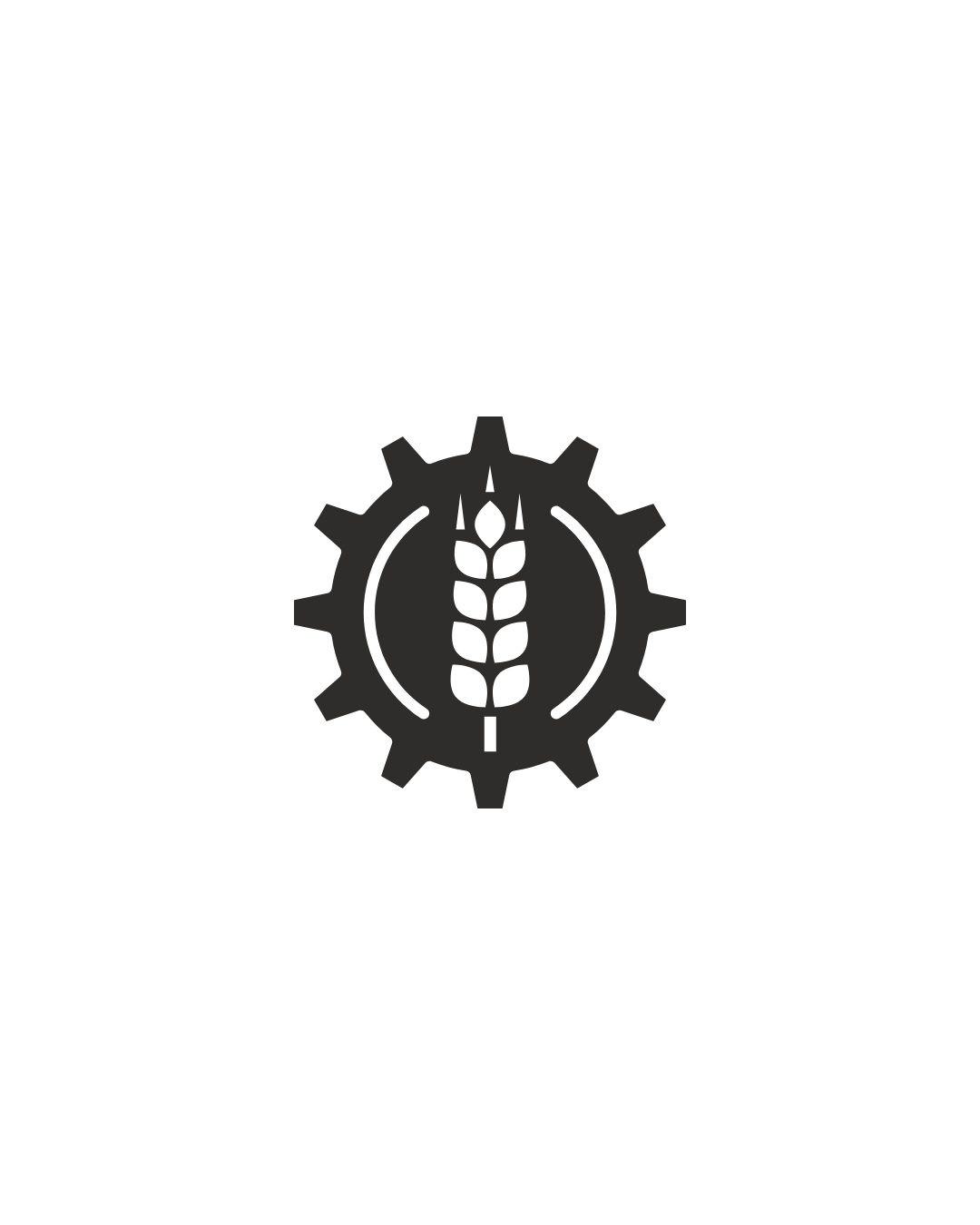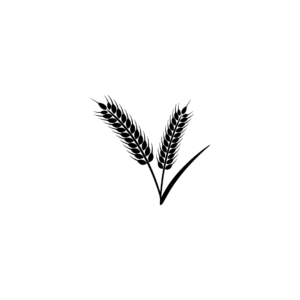Description
A Diploma in Agriculture is a program designed to provide students with the knowledge and practical skills needed for a career in the agricultural sector. This diploma typically covers various aspects of agriculture, including crop production, soil management, pest control, agricultural economics, and sustainable farming practices.
Curriculum Overview
The curriculum for a Diploma in Agriculture usually integrates theoretical knowledge with hands-on training. Here are some common subjects and areas of study students might encounter:
Fundamentals of Agriculture:
Introduction to the principles of agriculture, including the history and importance of agriculture in society.
Soil Science:
Study of soil properties, types, fertility, and management practices to enhance soil health for crop production.
Crop Production:
Techniques and practices related to planting, cultivating, harvesting, and managing crops for optimal yield.
Horticulture:
Focus on the cultivation of fruits, vegetables, flowers, and ornamental plants, including production and post-harvest management.
Agricultural Economics:
Understanding economic principles related to agriculture, including market analysis, pricing, and farm management.
Plant Protection:
Introduction to pest and disease management in crops, including Integrated Pest Management (IPM) techniques.
Farming Techniques:
Exploration of various farming methods such as organic farming, precision agriculture, and sustainable practices.
Animal Husbandry:
Basics of livestock management, including breeding, feeding, health care, and production of dairy and meat products.
Agricultural Machinery:
Understanding the types and uses of machinery and equipment in modern agriculture, including maintenance practices.
Irrigation and Water Management:
Techniques for efficient irrigation and water conservation practices vital for sustainable agriculture.
Agroforestry:
Study of integrating trees and shrubs into agricultural landscapes for environmental and economic benefits.
Farm Management:
Principles and practices of managing a farm or agricultural enterprise, including planning, budgeting, and resource management.
Research and Development in Agriculture:
Introduction to ongoing agricultural research, innovations, and their implications for future farming practices.
Career Opportunities
Graduates of a Diploma in Agriculture can pursue a variety of career paths across different sectors, including farming, agribusiness, research, and extension services. Some potential job roles include:
Agricultural Officer: Advising farmers on best practices in crop and livestock management.
Farm Manager: Overseeing daily operations on a farm, including planning, staff management, and production strategies.
Agronomy Specialist: Working on crop production and researching optimal cropping systems.
Horticulturist: Specializing in the cultivation of fruits, vegetables, or ornamental plants.
Soil Scientist: Conducting research and advising on soil health and fertility management.
Pest Control Advisor: Providing expertise on pest management and integrated pest management strategies.
Agricultural Research Technician: Assisting in research projects focused on agricultural improvements and innovations.
Livestock Manager: Managing the health and production of livestock on farms or ranches.
Agricultural Consultant: Offering consulting services to farmers and agribusinesses on various agricultural practices.
Sales Representative in Agribusiness: Promoting agricultural products and technologies to farmers and agricultural businesses.
Further Education
After completing a Diploma in Agriculture, graduates may choose to advance their education by pursuing a Bachelor?s degree in Agriculture, Agronomy, Horticulture, Animal Science, or a related field. Further studies could also include certifications in specialized areas such as pest management, sustainable agriculture, or farm management.
If you have any questions about the Diploma in Agriculture program, potential career paths, or any related topics, feel free to ask!








